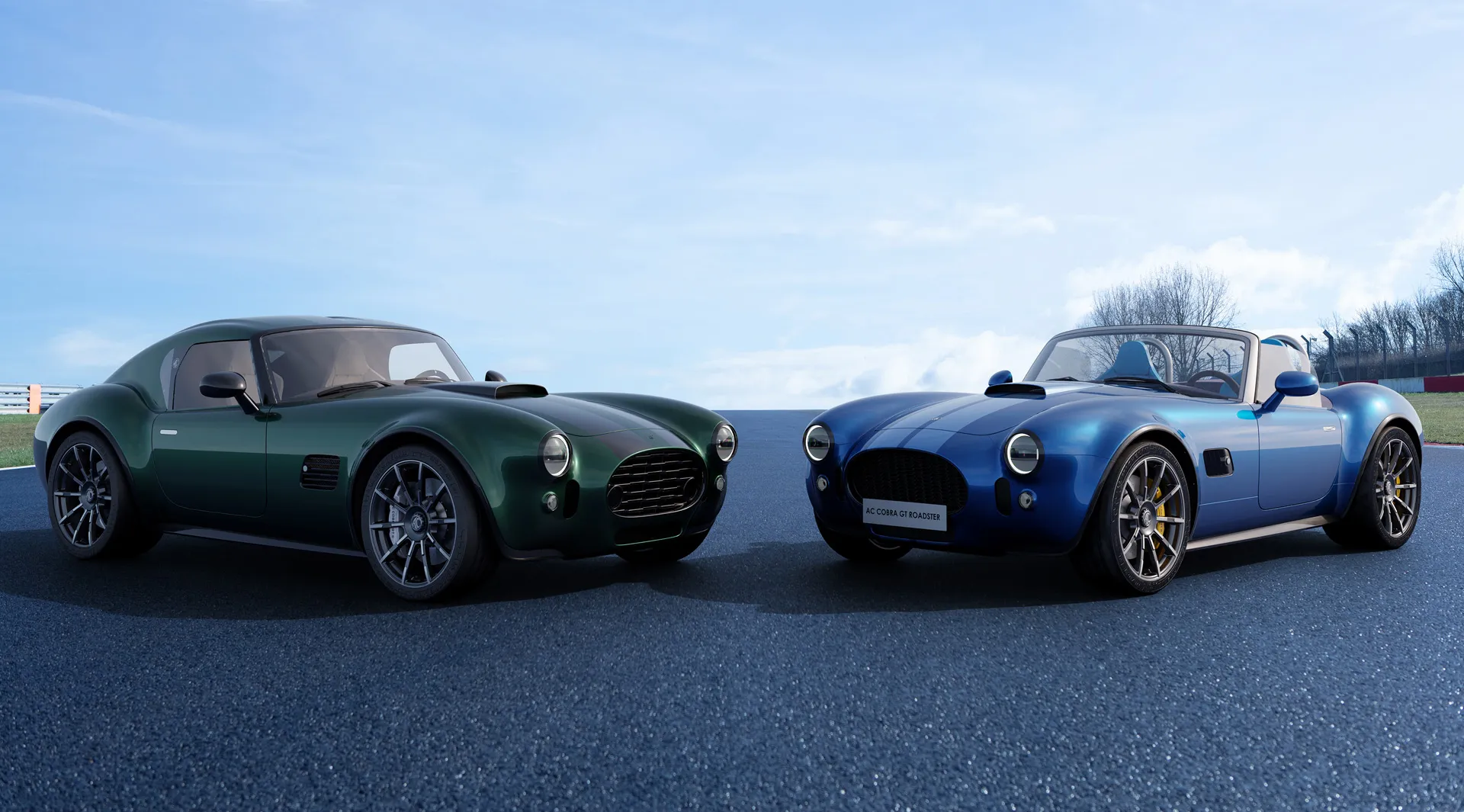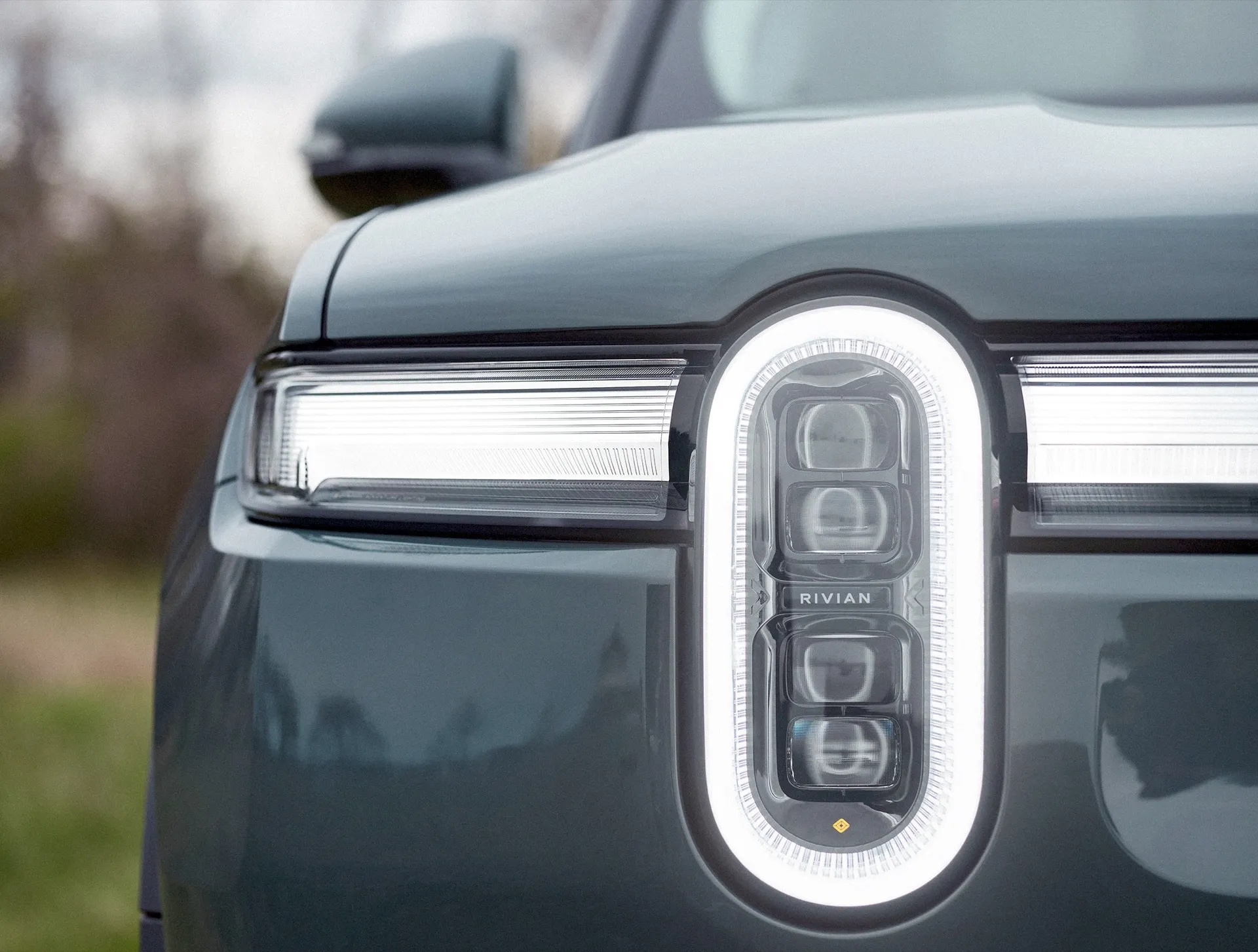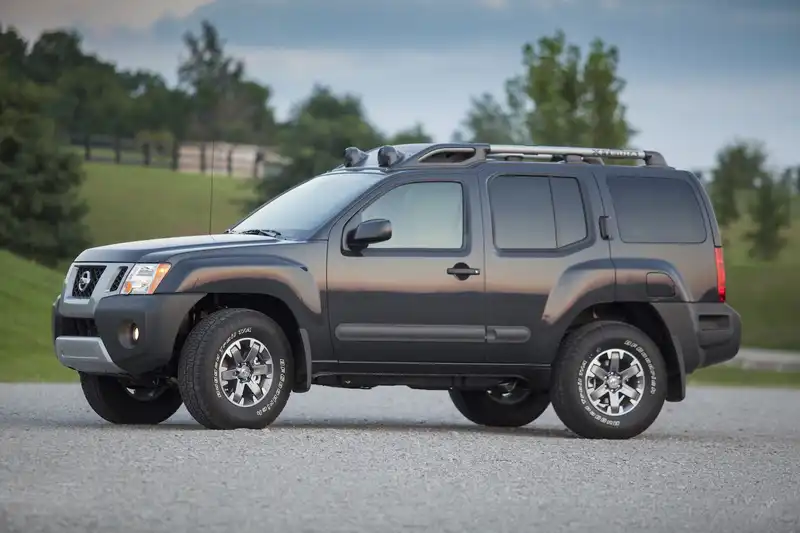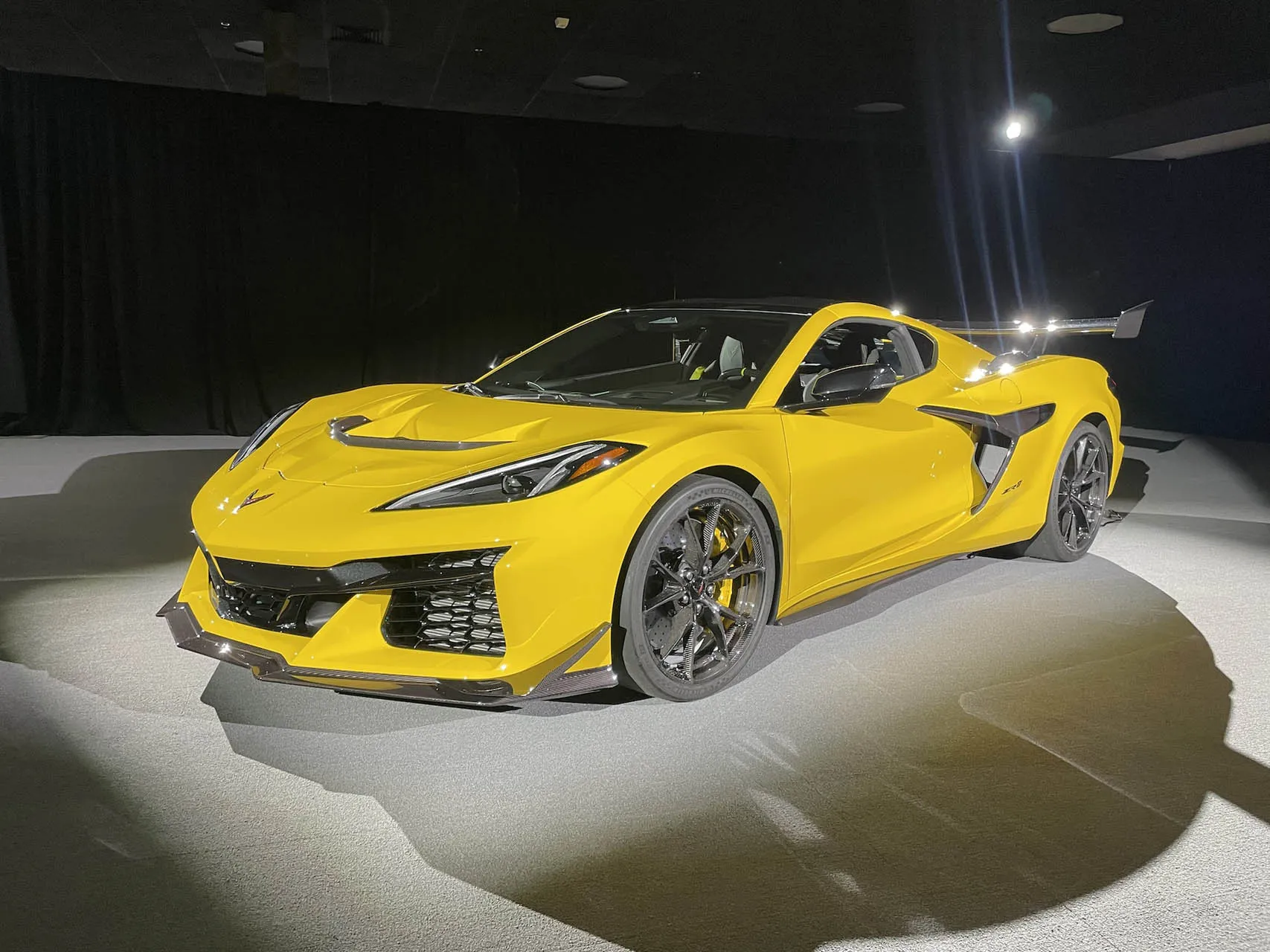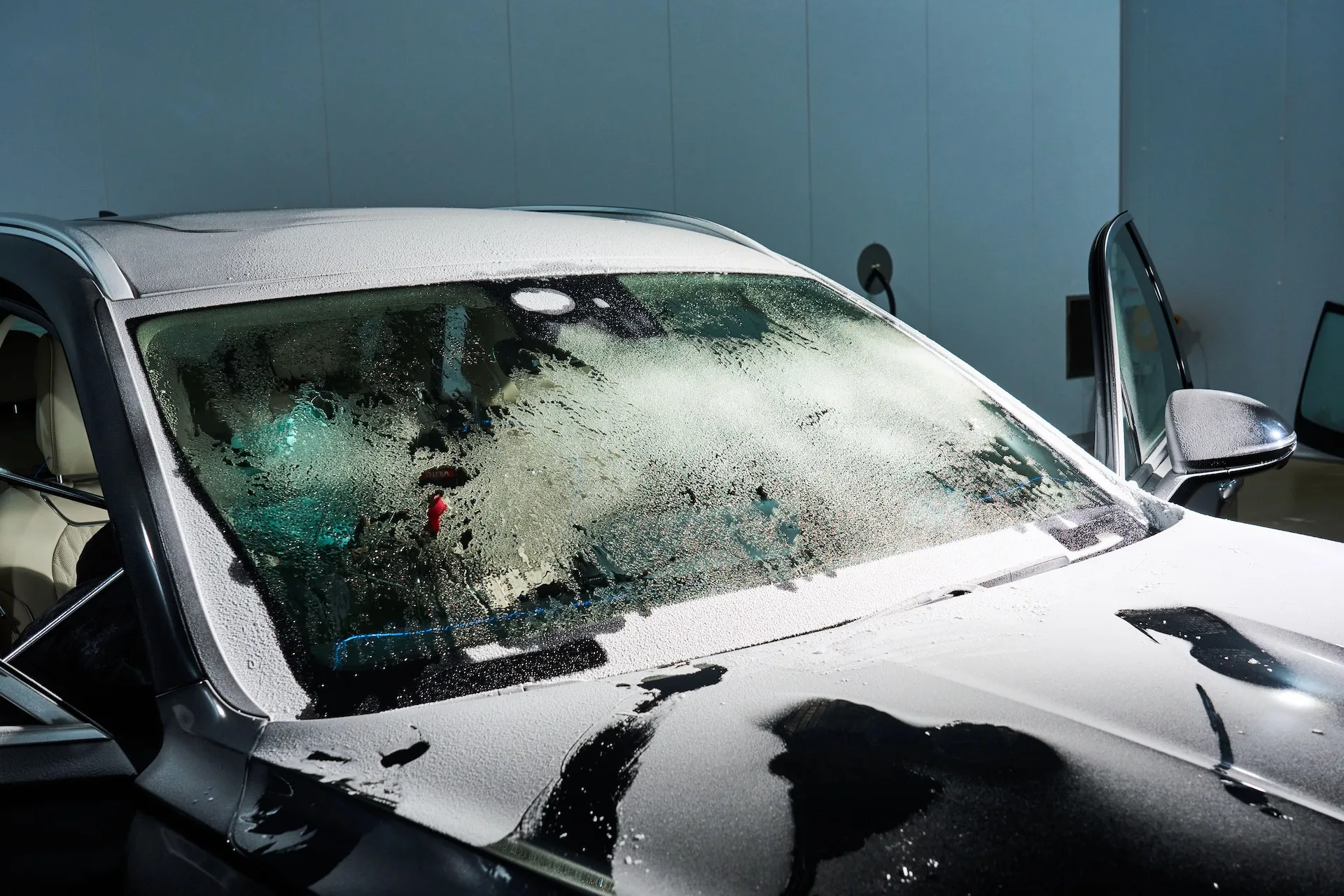Range Rover Electric undergoes extreme cold weather testing.
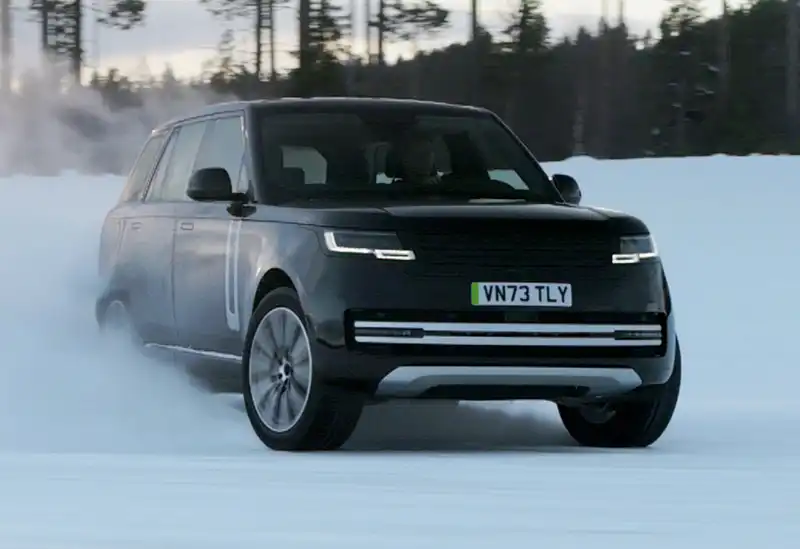
JLR has tested a prototype of the Range Rover Electric in extreme conditions to ensure that the brand's first EV is ready for any buyer's demands.
On Tuesday, JLR revealed details of its tests. The tests will include extremely cold conditions near the Arctic Circle, where temperatures can drop to minus 40 degrees Celsius. This is to ensure that the electric powertrain will meet its performance targets at such low temperatures.
Cold weather testing also allows engineers to evaluate the vehicle's performance on low-grip surfaces. Prototypes are tested on frozen lakes that provide precisely replicable conditions, allowing engineers to fine-tune a number of chassis systems, including a new traction control system designed specifically for the vehicle's electric powertrain.
Instead of the ABS-linked traction control system on JLR's gas engine lineup, the Range Rover Electric relies on a control module of electric motors (JLR has not revealed how many) to manage wheel slip JLR says this reduces the system's reaction time from about 100 milliseconds to virtually instantaneous.
Extreme heat, which can degrade EV performance, has also been addressed in tests in the deserts of Western Asia, where temperatures can reach 120 degrees or more.
The Range Rover Electric uses a modified version of the Modular Longitudinal Architecture (MLA) platform that underpins the gas-powered Range Rover. The electric version of this platform features an 800-volt electric architecture, which allows for very fast charging times when using a DC fast charger. It will also include wireless updates and app support designed to maximize range.
In appearance, as the prototype shows, there will be little to distinguish the two versions.
Reservations for the Range Rover Electric are already being taken, with its debut scheduled for later this year; additional JLR EVs will follow in rapid succession, with the first being the Range Rover Electric, which is expected to be the first of a new generation of electric Jaguars. The first of a new generation of electric Jaguars is expected to arrive in 2025, and an electric successor to the Range Rover Velar will follow in that year.
